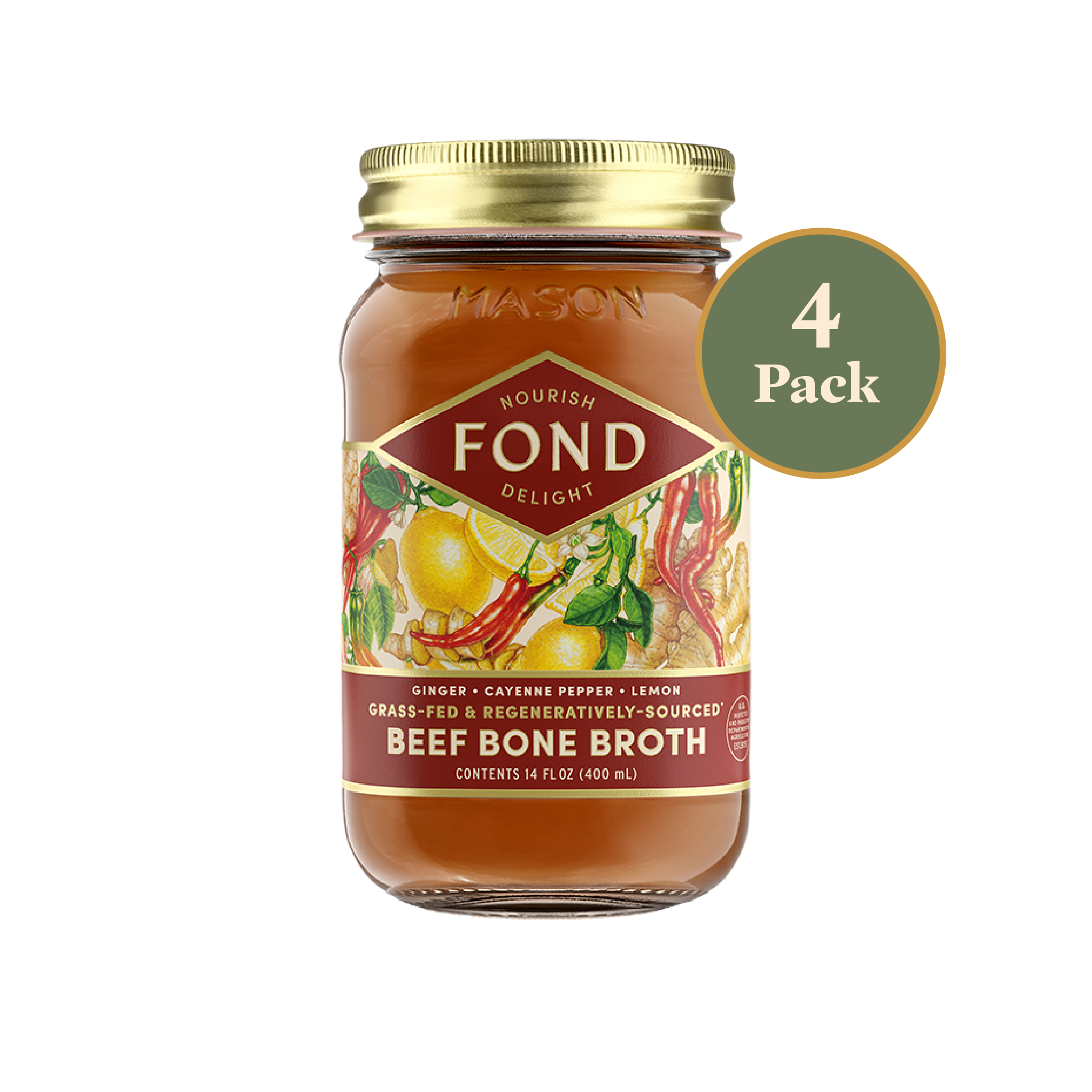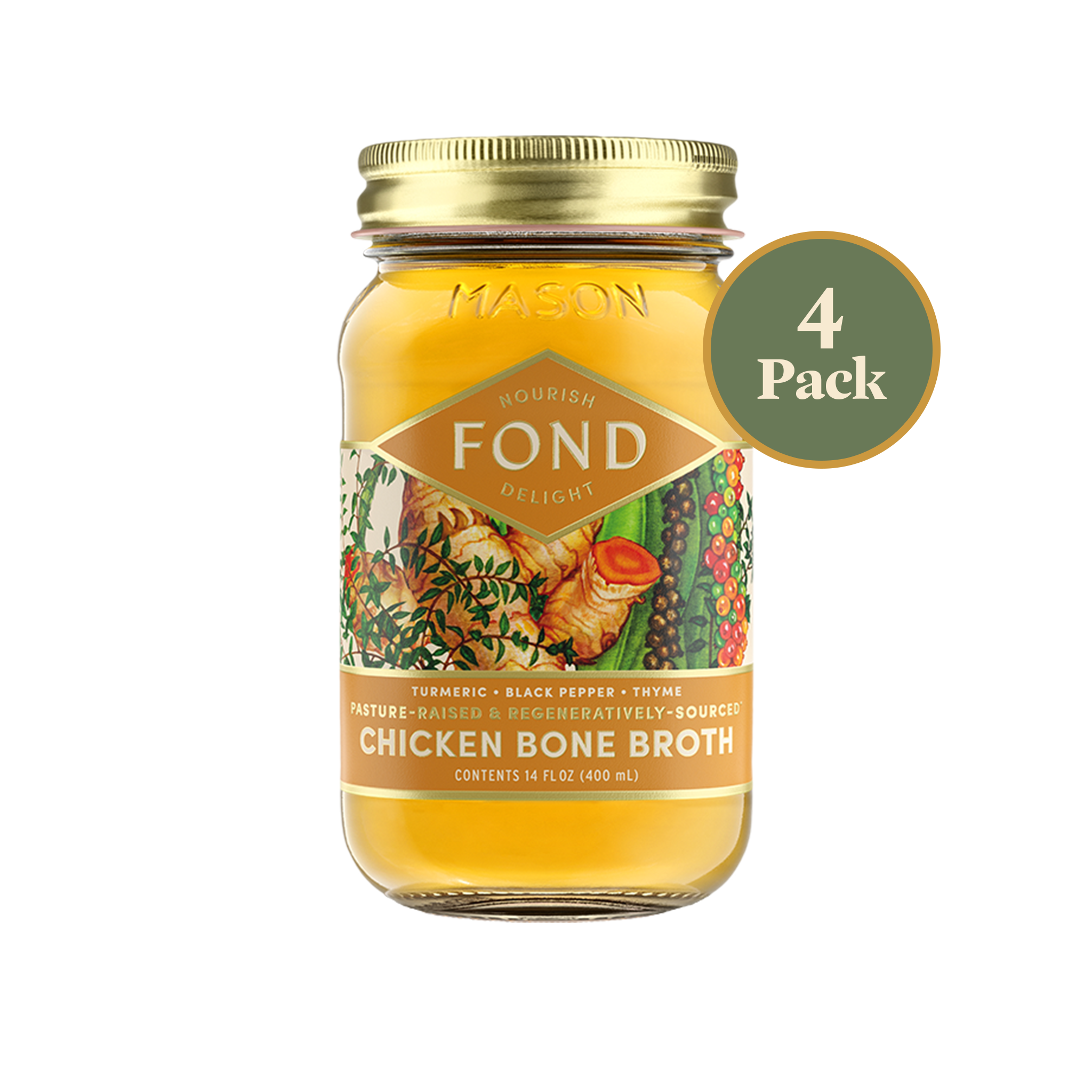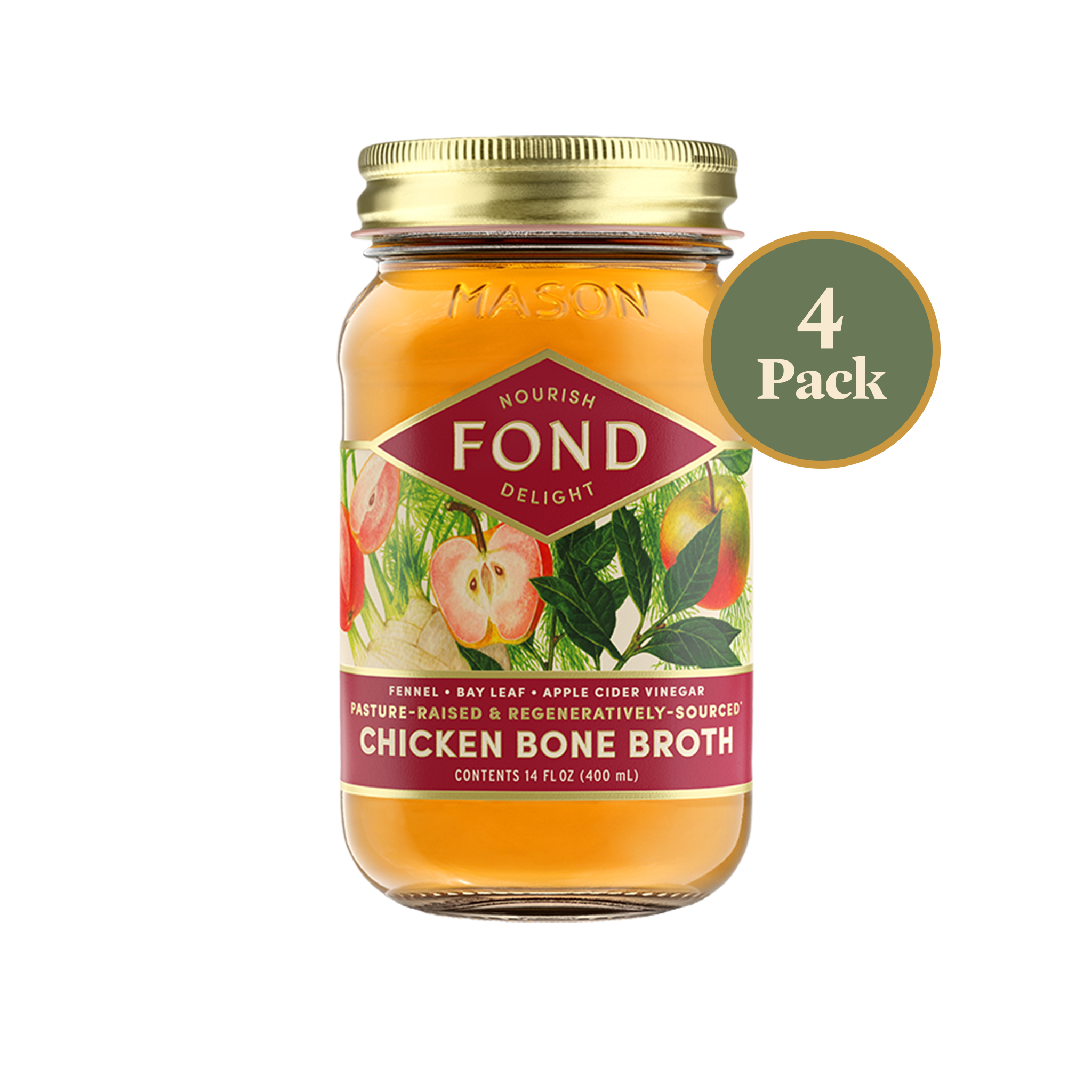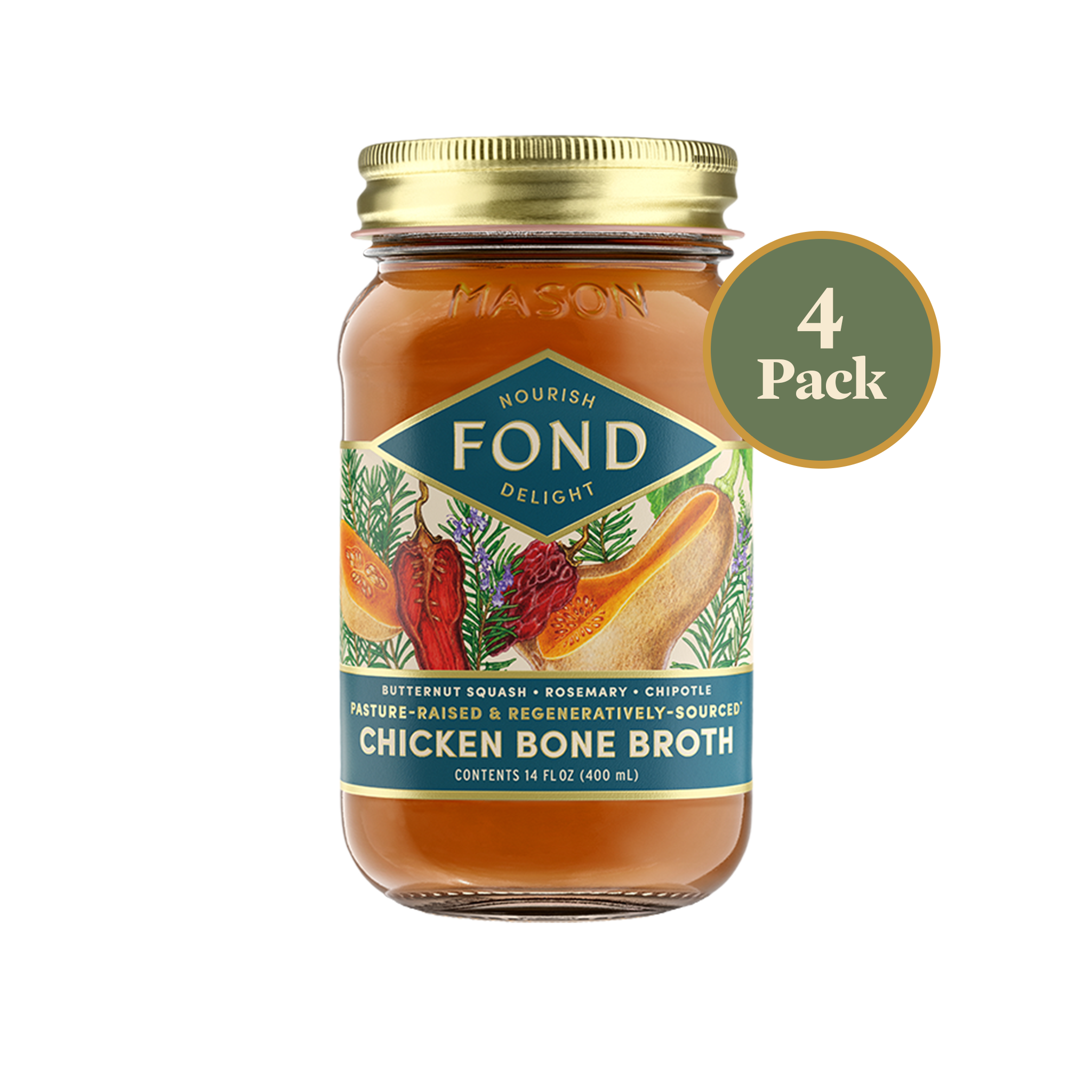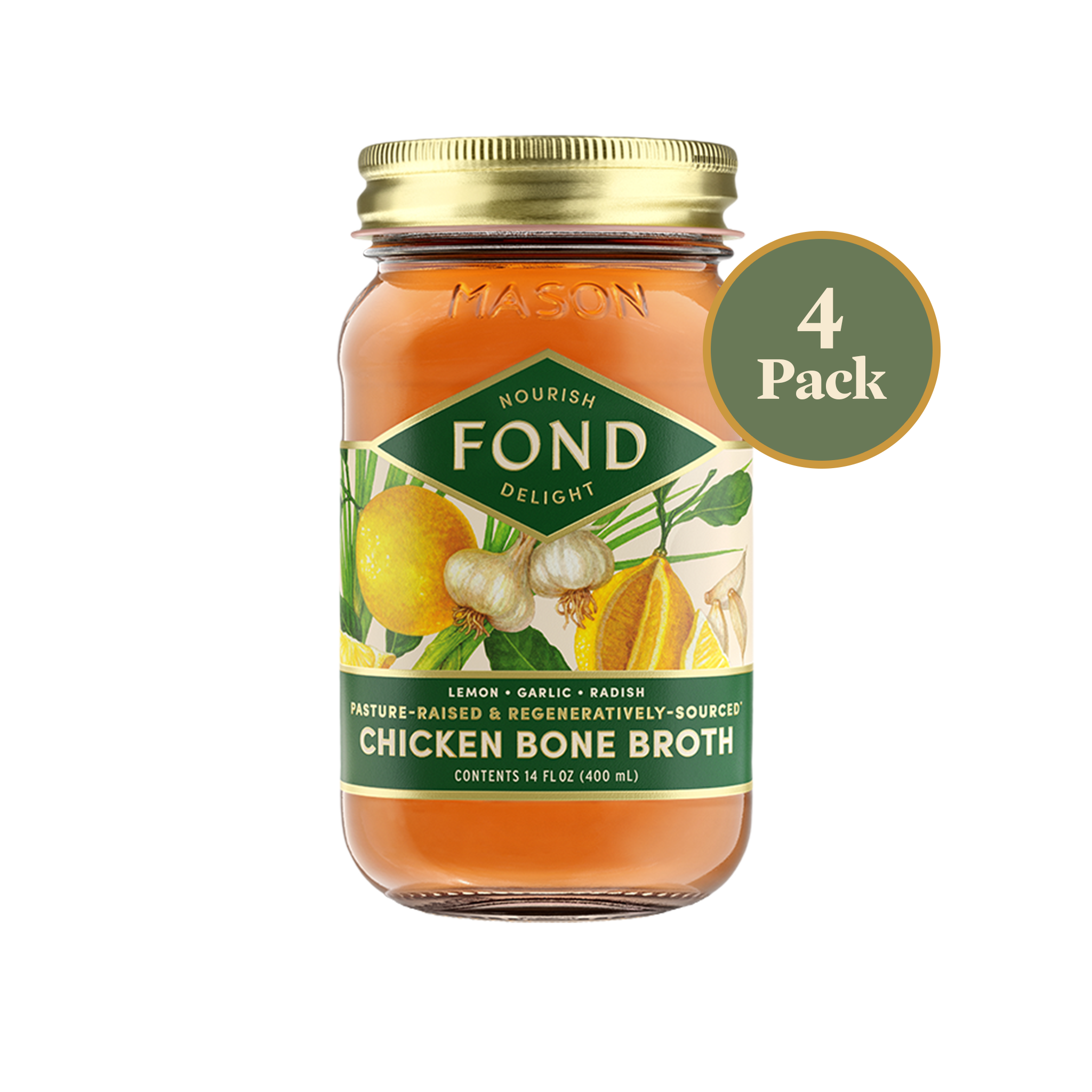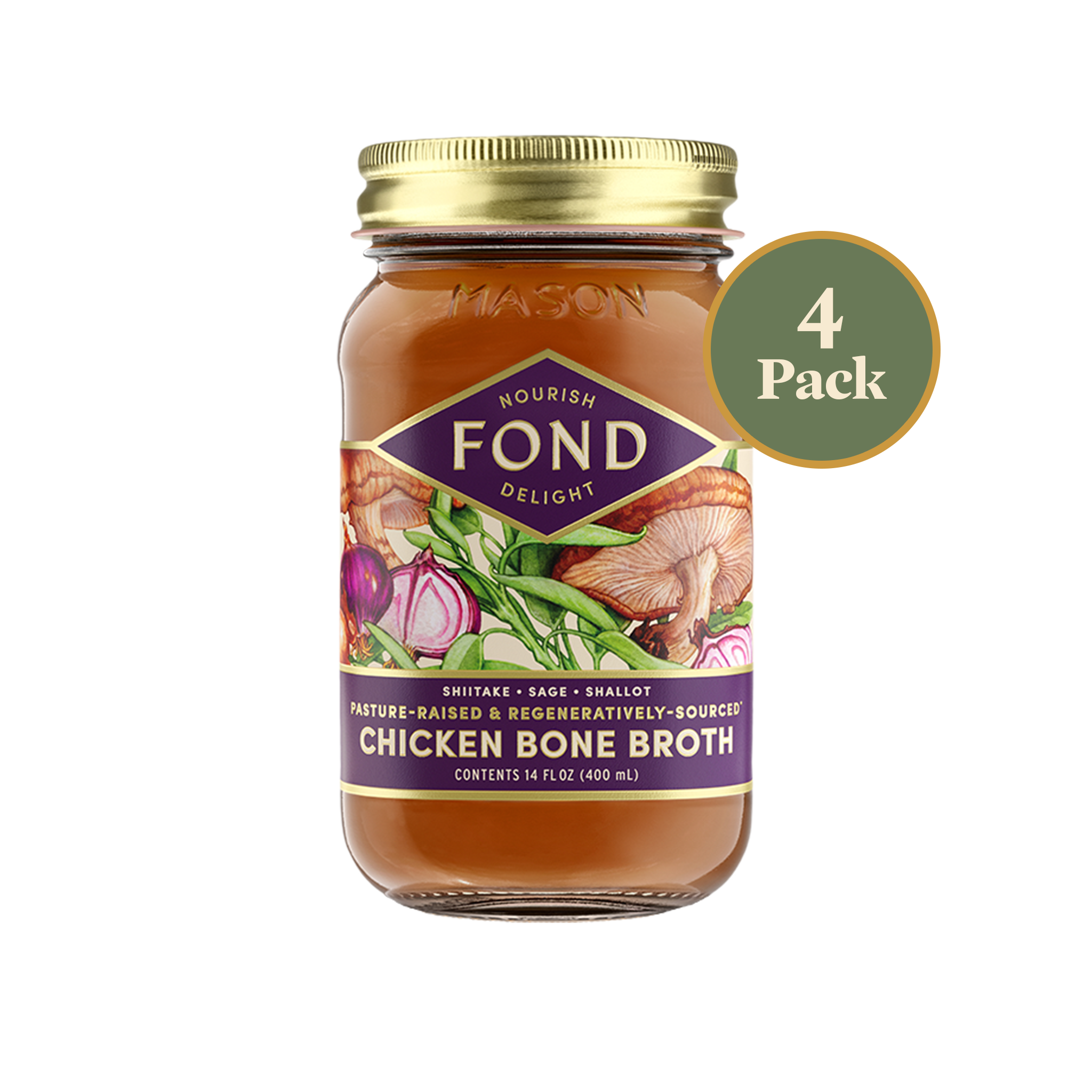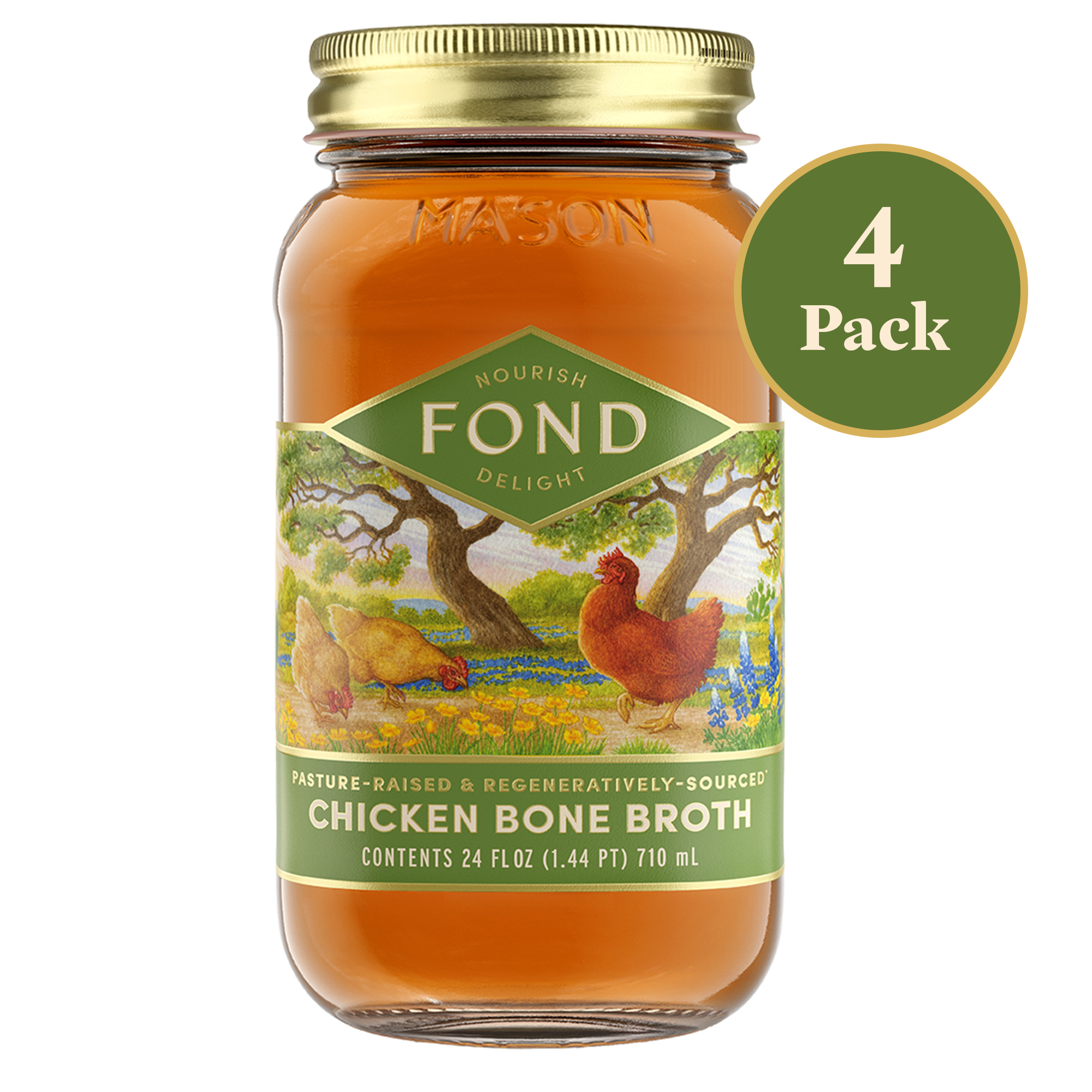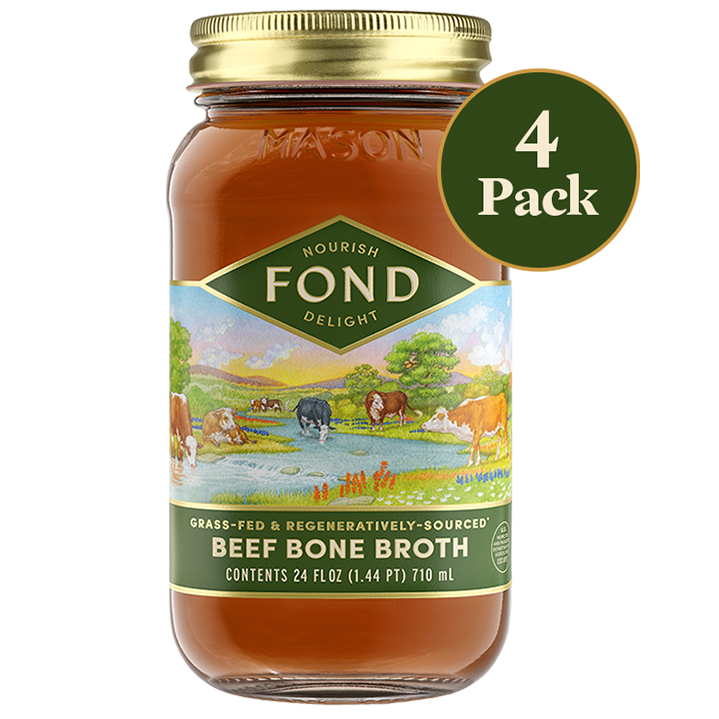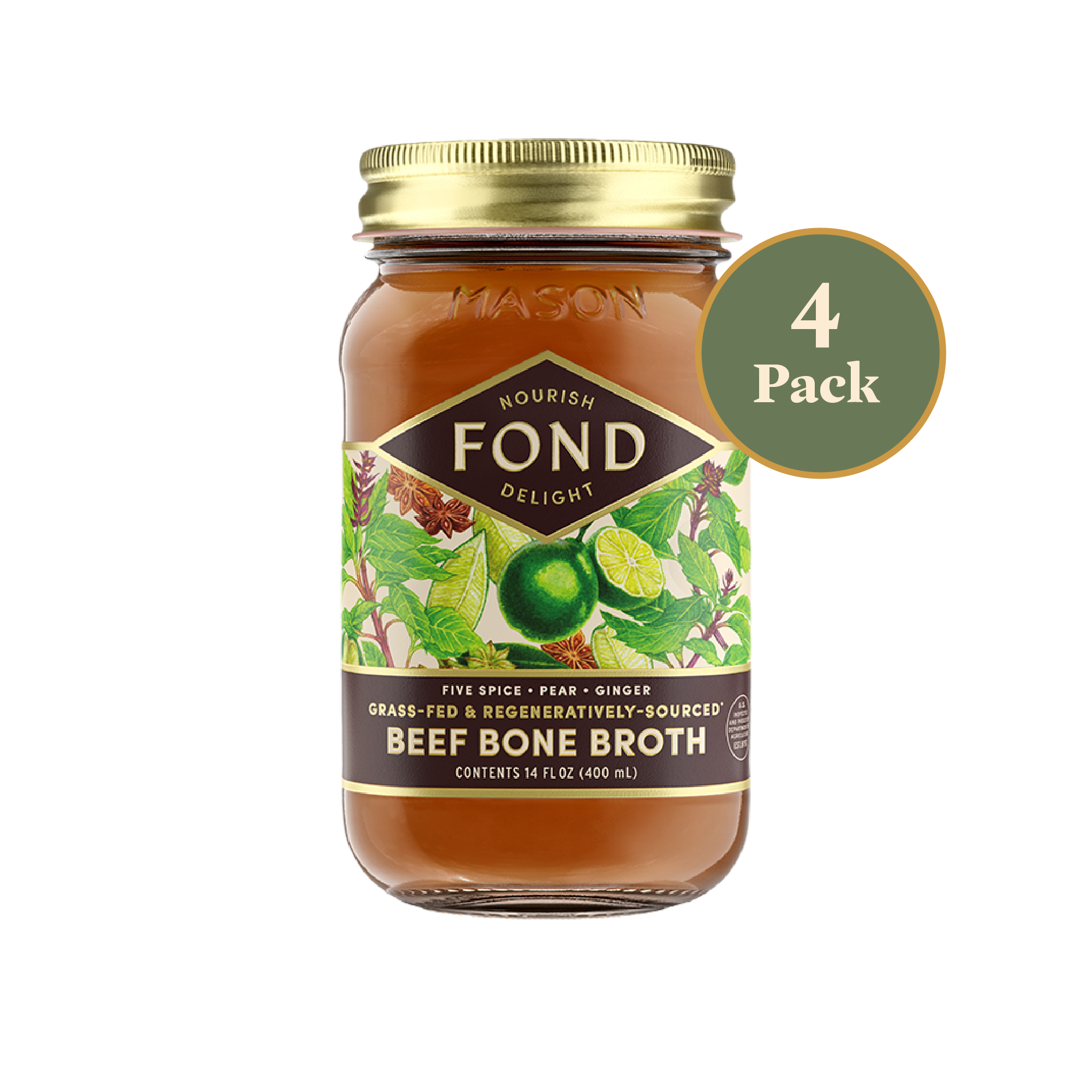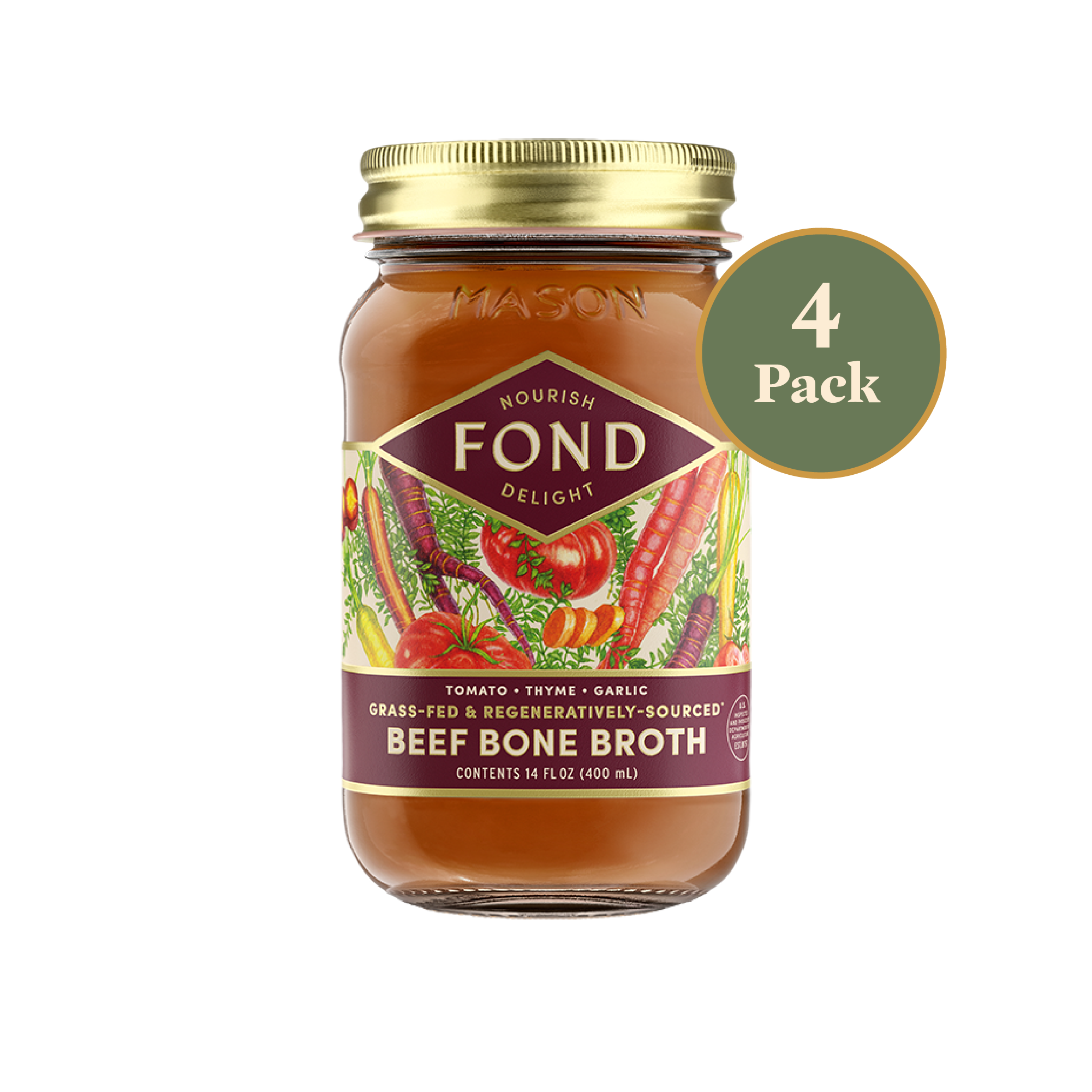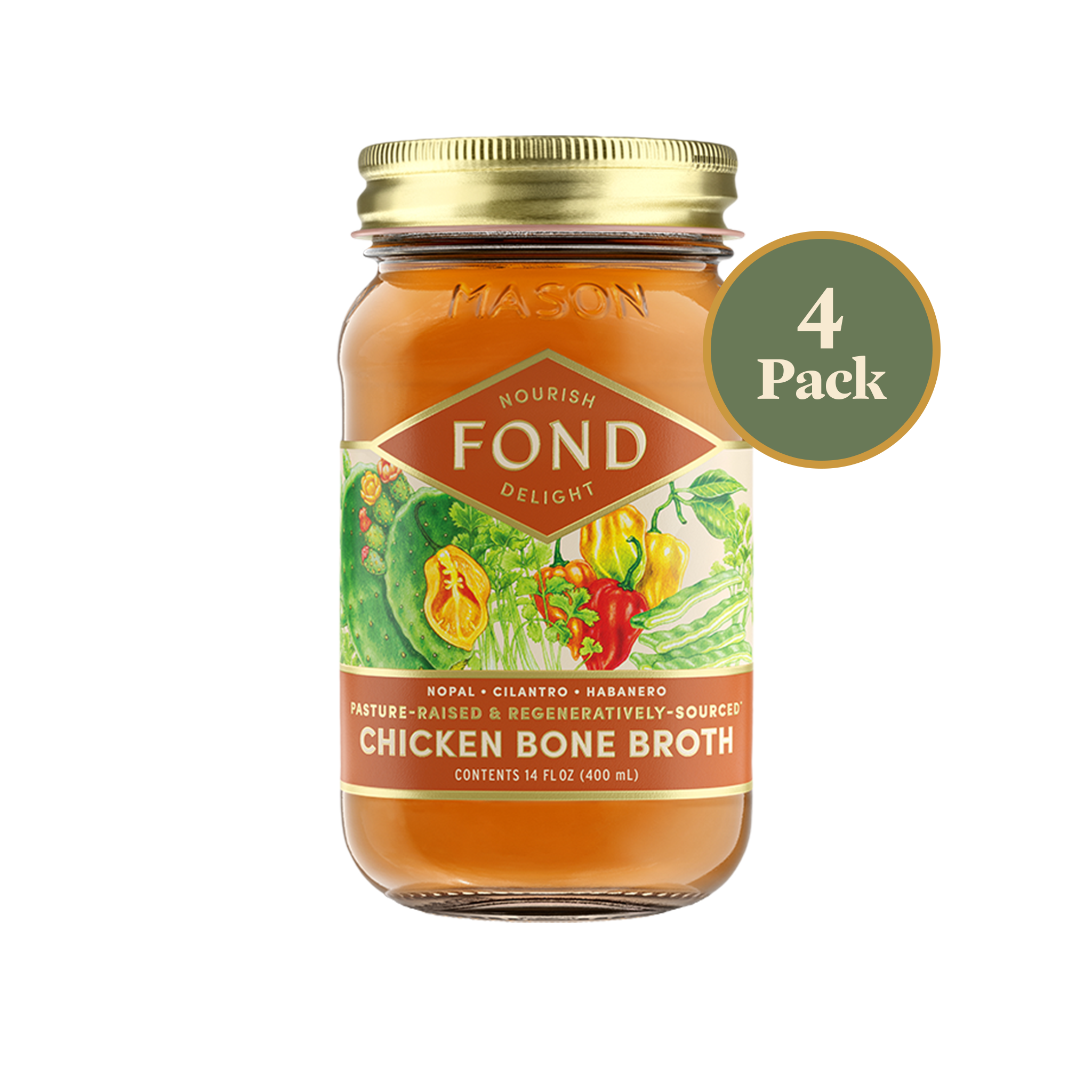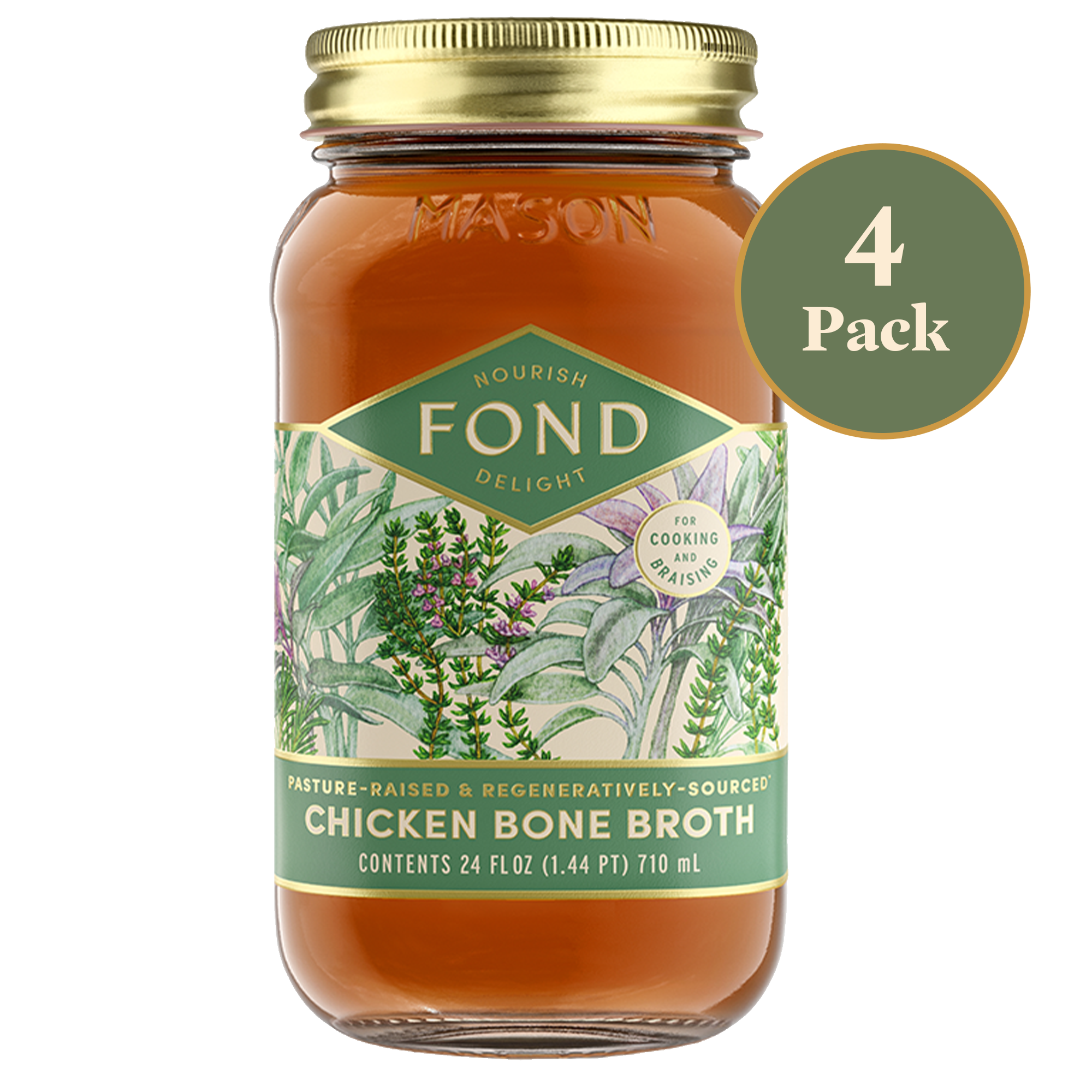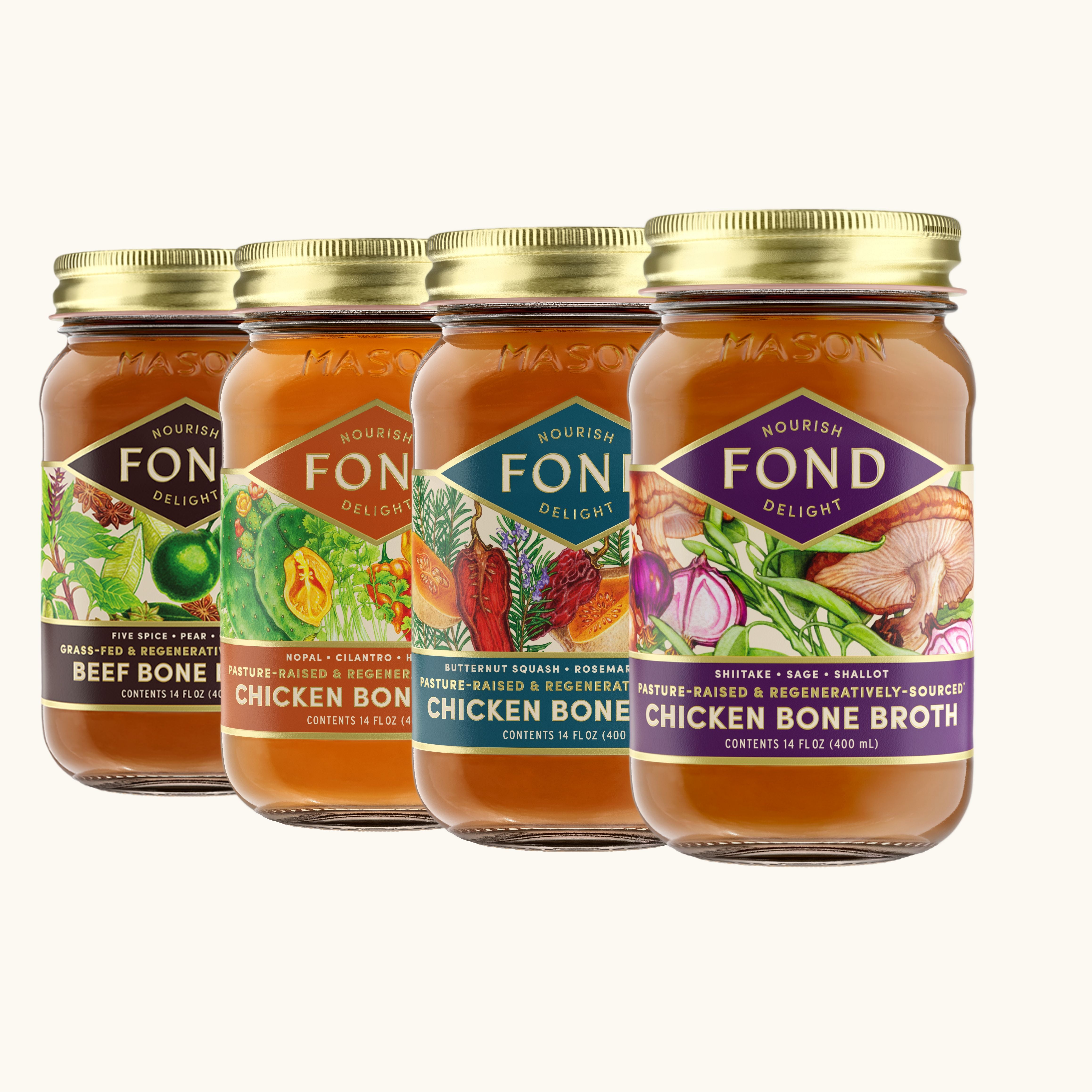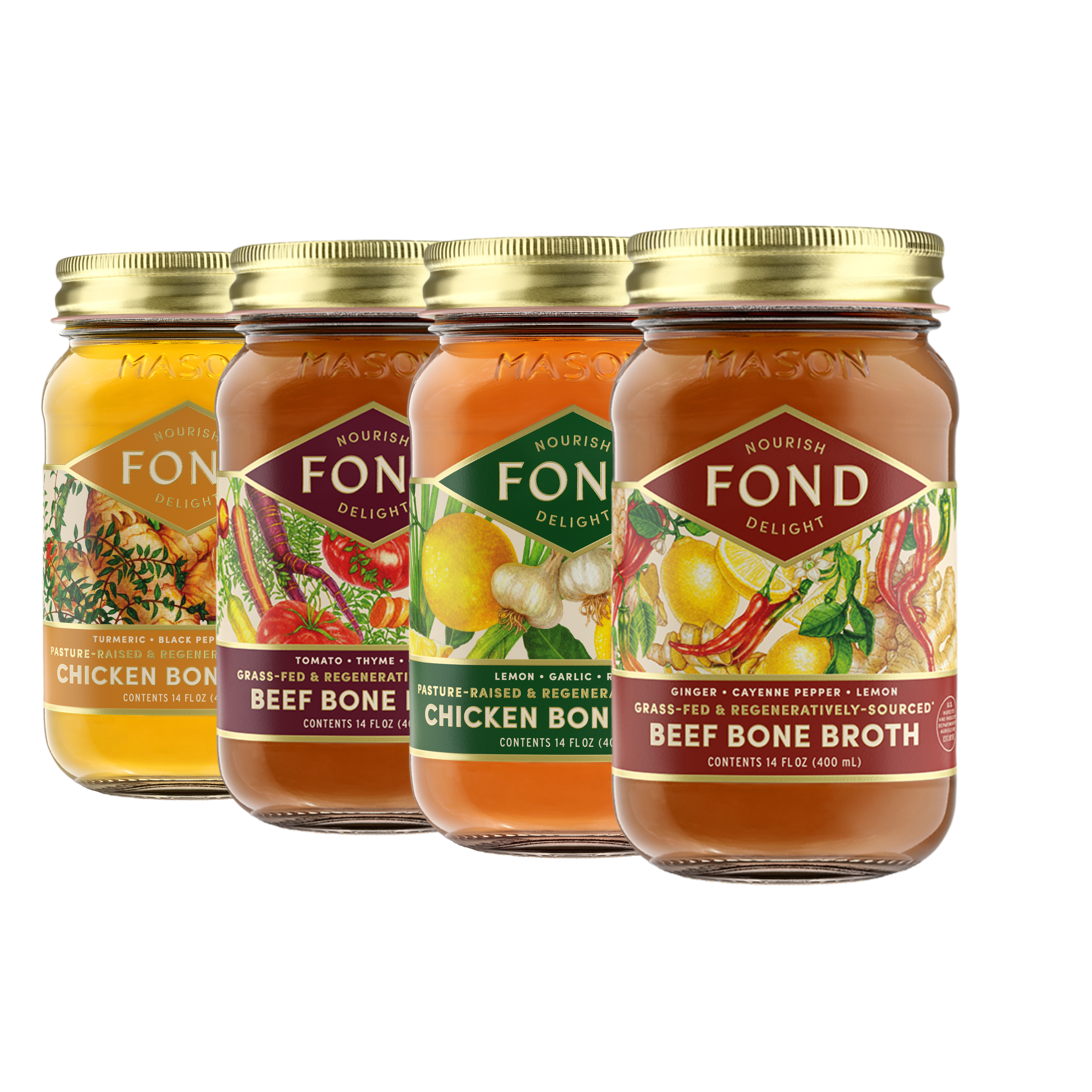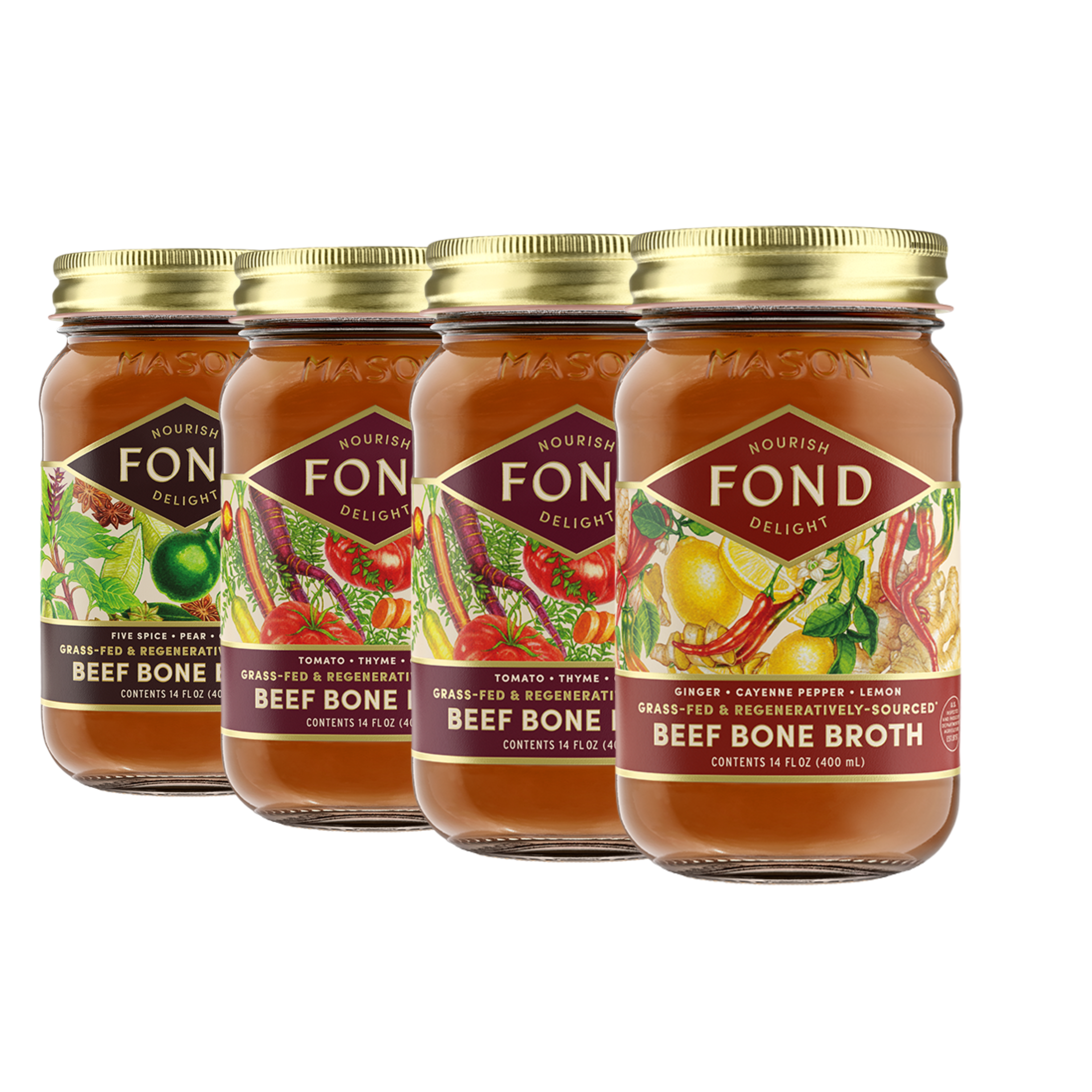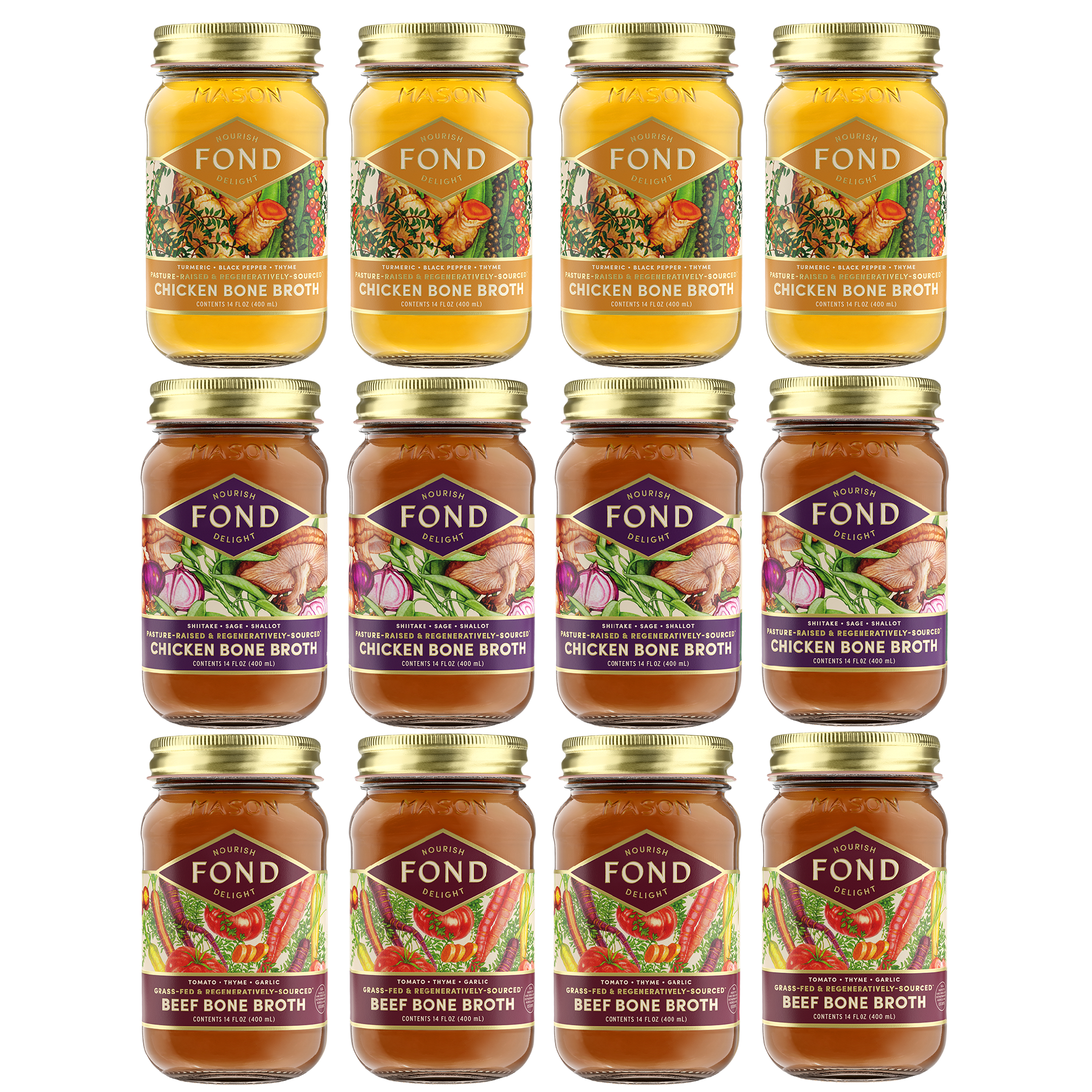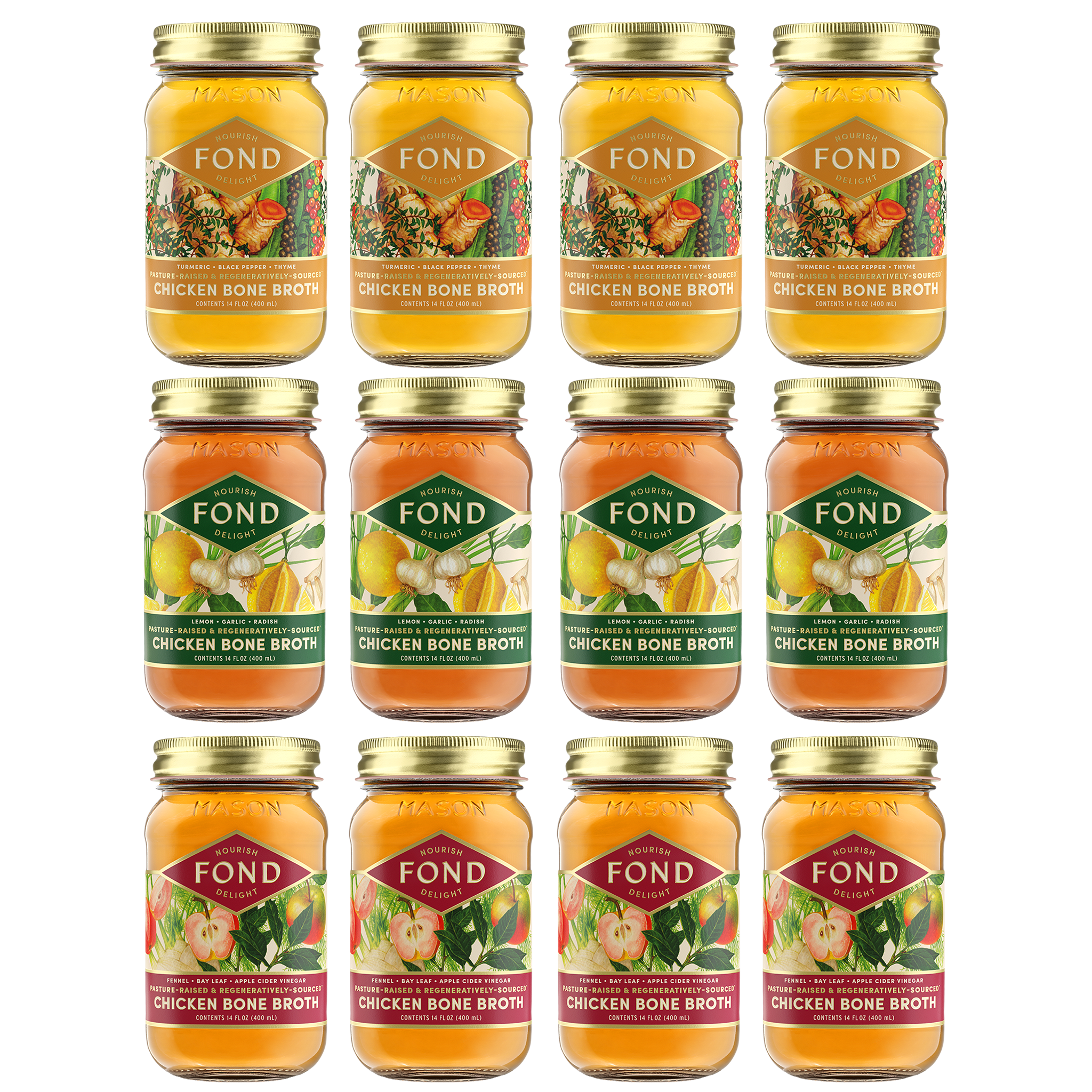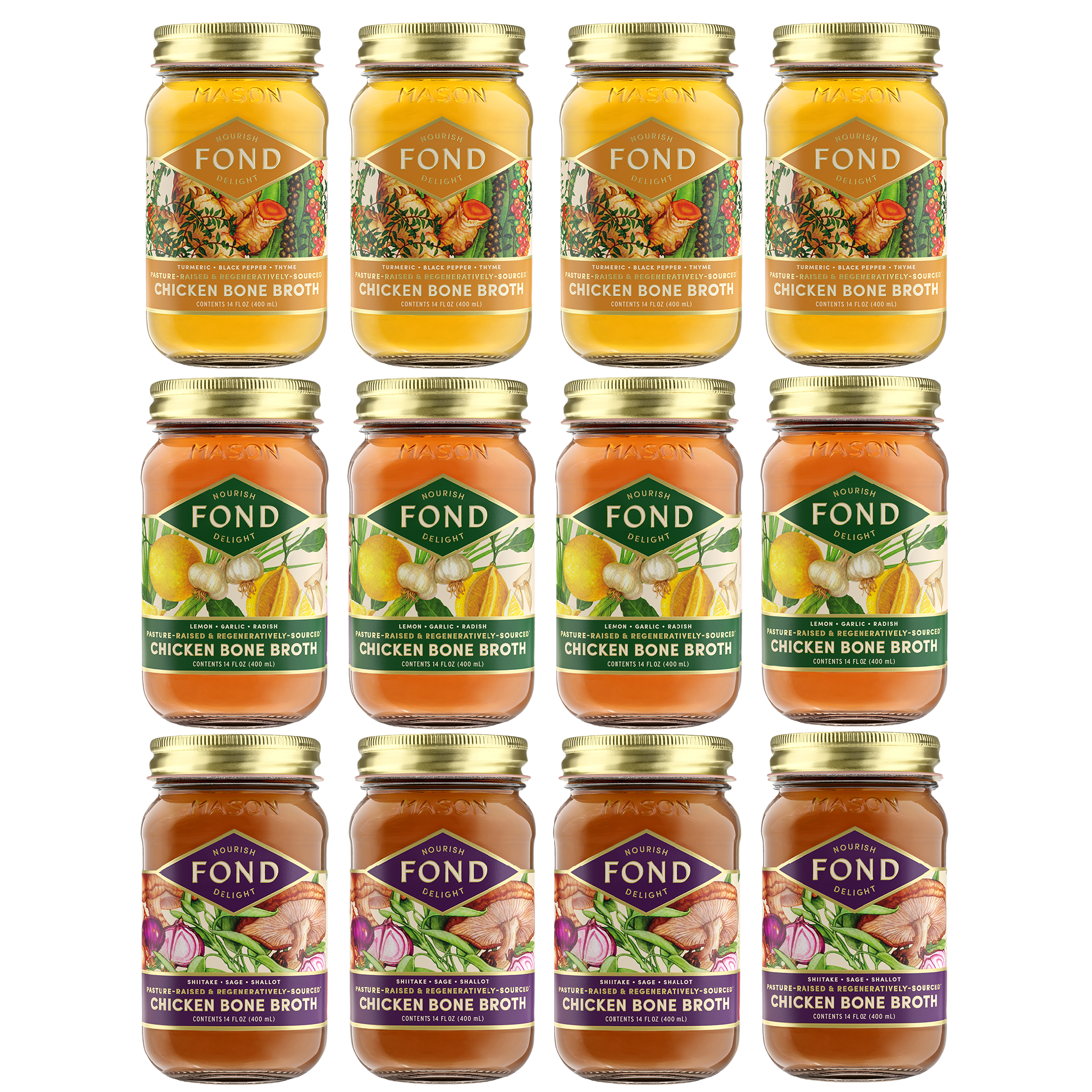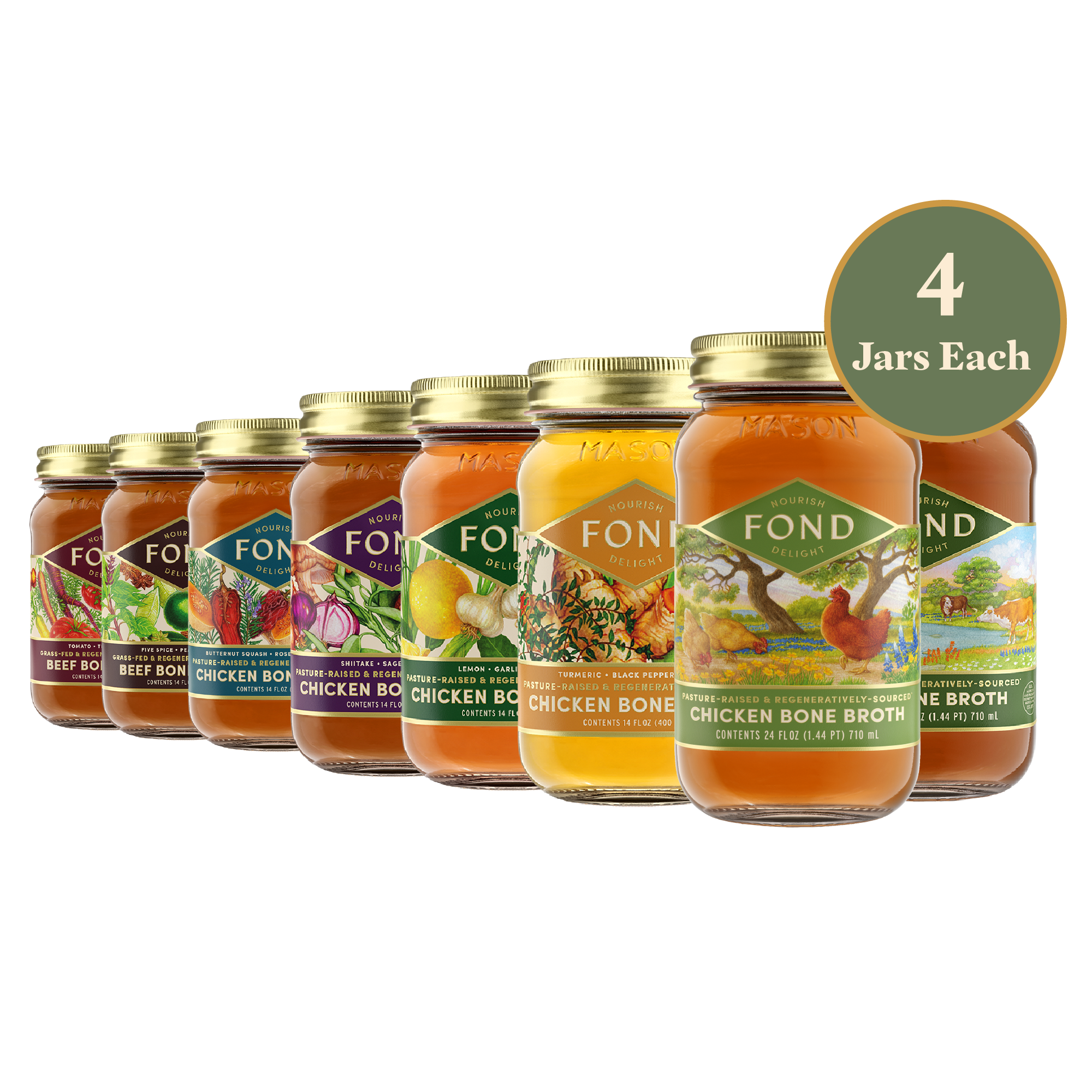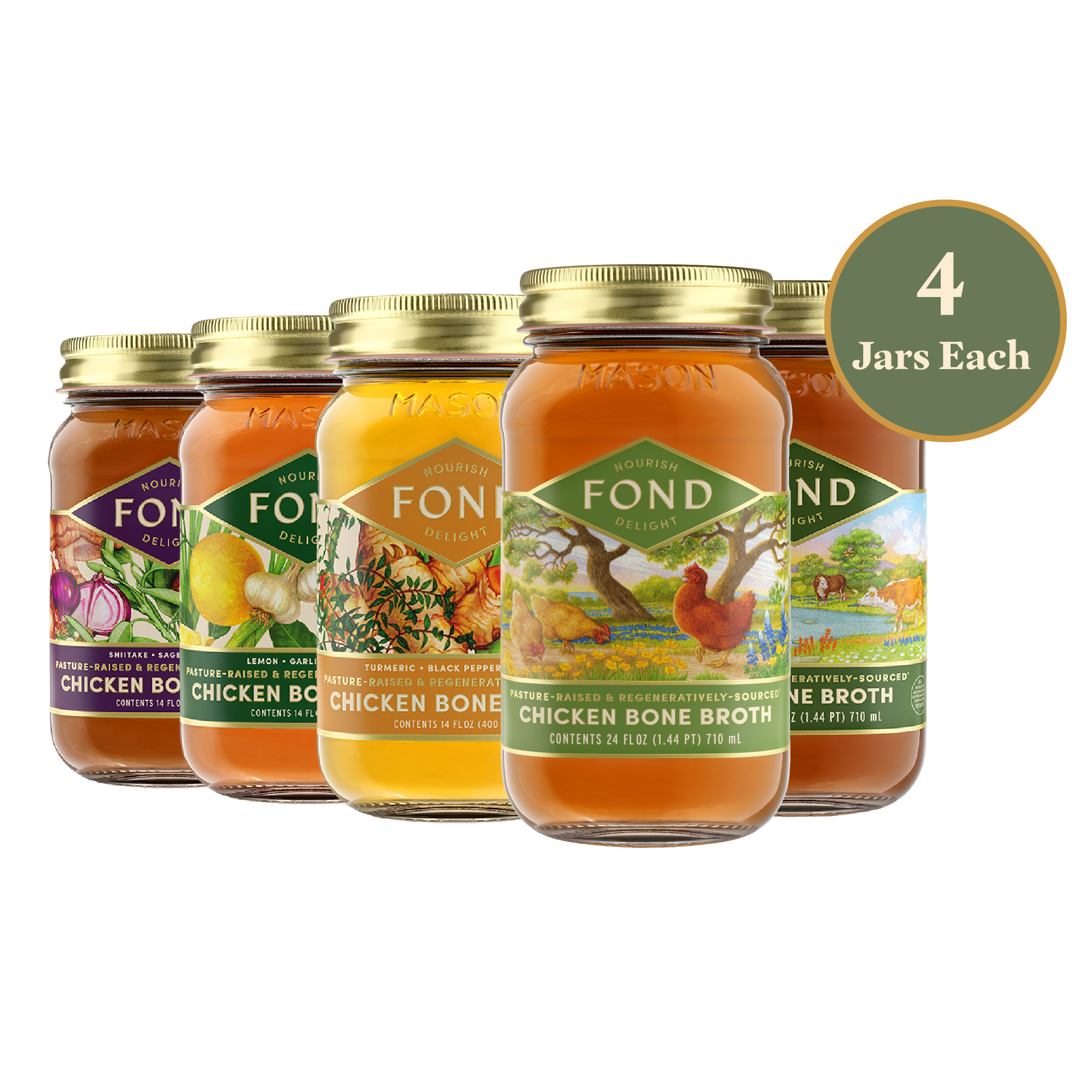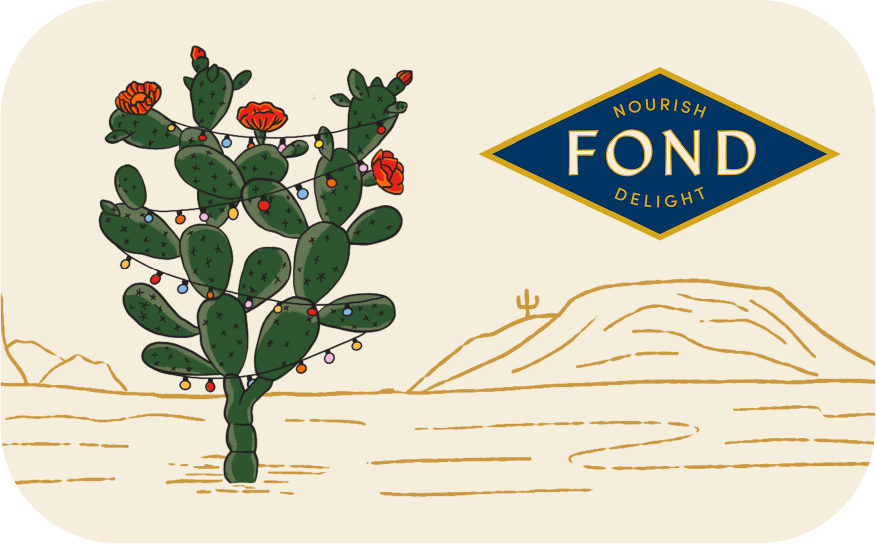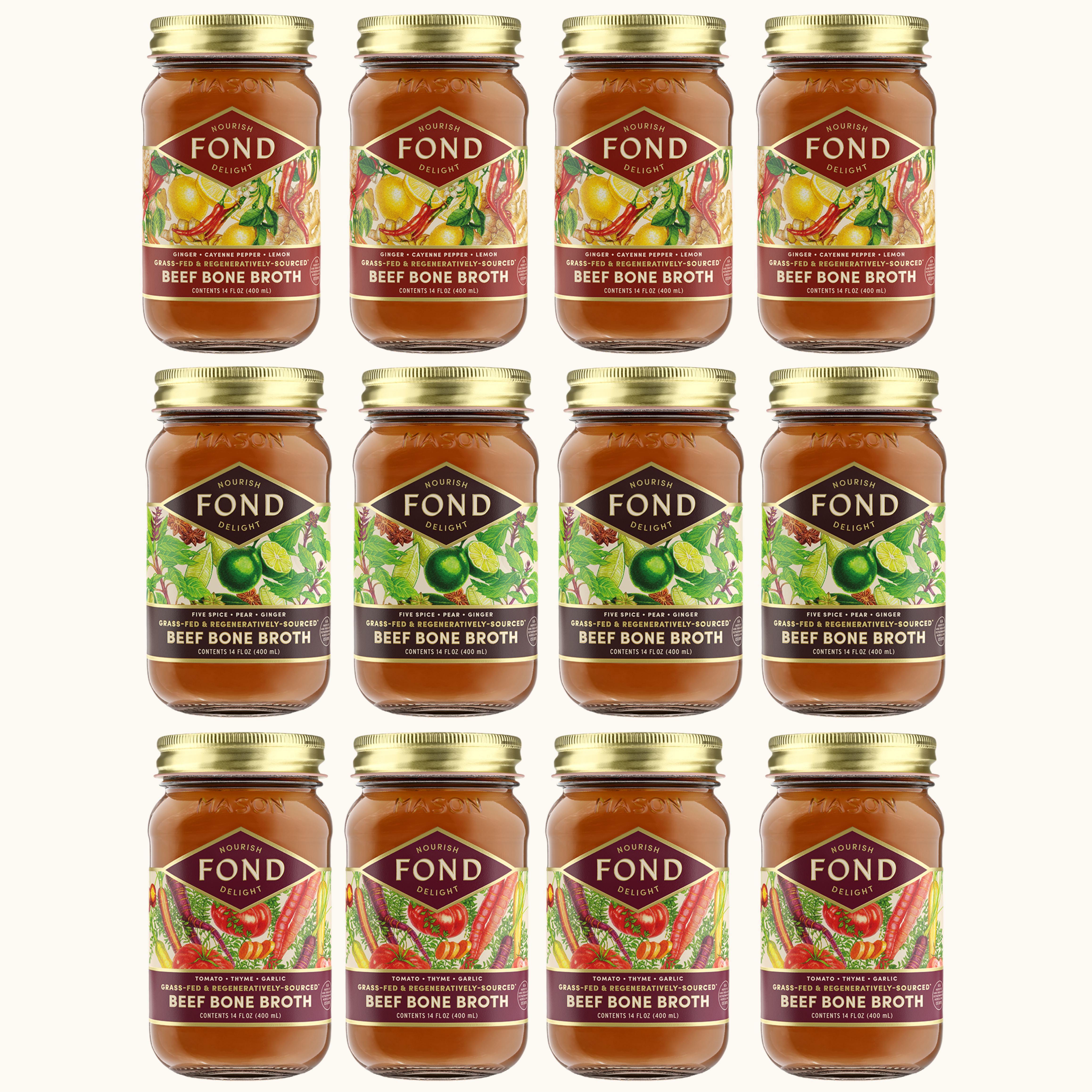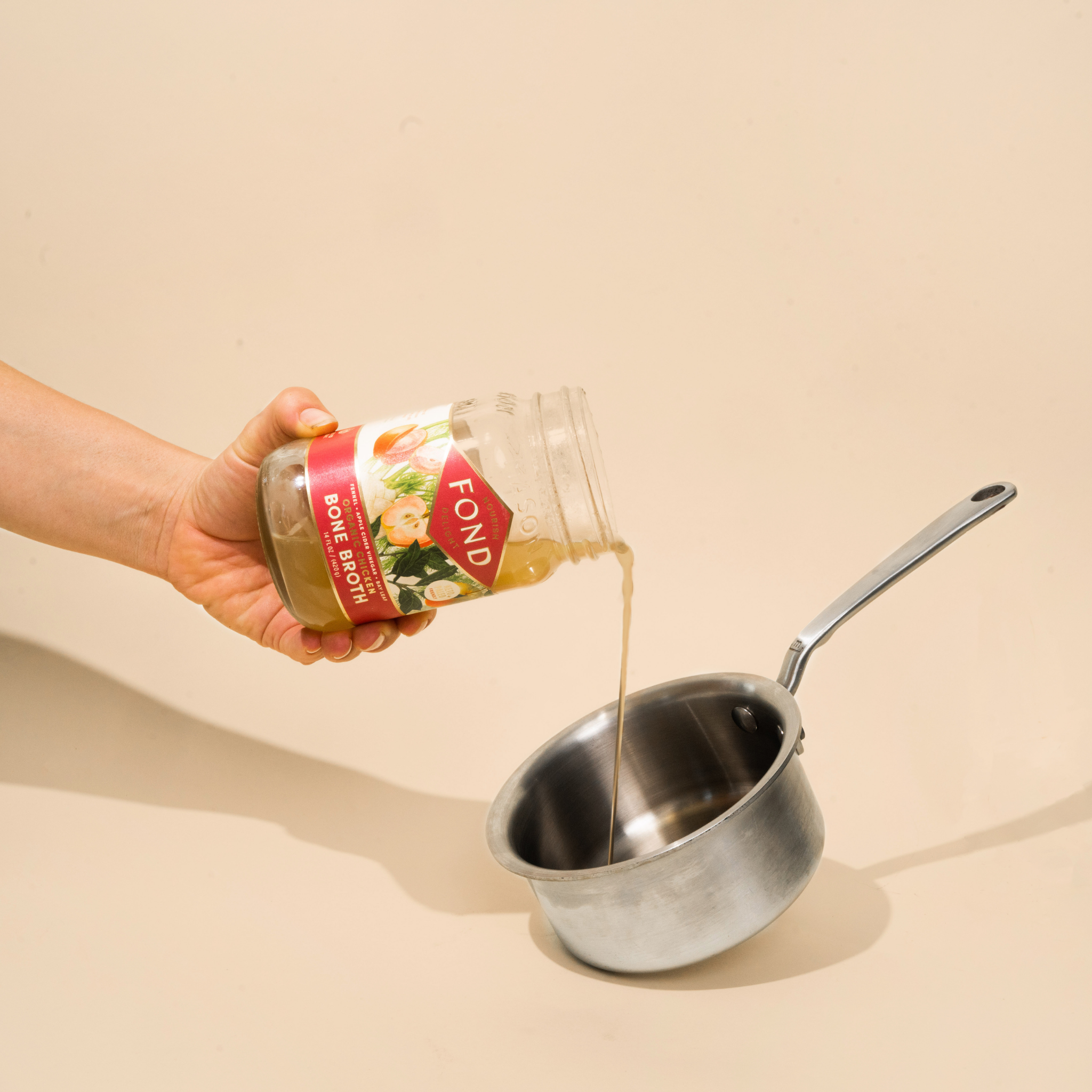Though we don’t often get questions about sodium, we feel it’s a wellness topic that simply needs some more (scientifically accurate) airtime. You see - there’s been a war on sodium for decades. This essential nutrient is often considered one we should limit or aim to avoid almost entirely. But we don’t really see it that way, and we want to set the record straight.
So we went to the research for the scoop on sodium - why our bodies actually need it, the best salt options, and which ones you really should shy away from.
The Basics of Salt
Salt is a mineral, made up of the two elements sodium (Na) and chlorine (Cl), and it does some pretty important things in our bodies. In fact, it’s essential for life. In conjunction with potassium, it regulates the amount of water in the body and is critical for proper functioning of the brain, nervous system, and muscles, through nerve transmissions and supporting proper cell function. As you can imagine, these functions are pretty important to staying alive and healthy.
When researching for this blog post, I was able to dive into the history of salt restrictions in the US. I always knew that the standard recommendations were outdated, but I didn’t realize that they were also based largely on faulty research. In the 1970s, a scientist named Lewis Dahl did various research studies centered around sodium. In one of his studies, he gave rats 500g of sodium/day and the rats developed high blood pressure. To put that number into perspective, the average american consumes about 3.5g of sodium/day, so these rats were consuming sodium at amounts well above what any human would reasonably eat. In another study, Dahl looked at blood pressure and sodium intake in various countries. In Japan, he found that they consumed a lot of sodium AND had a lot of high blood pressure. Case closed, right? Not so fast. Read on for more from Redmond Real Salt:
“But a few years later, another group of researchers took a closer look at this connection and found that it didn’t hold up. Sure, Japan as a whole had higher blood pressure, and Japan as a whole consumed a lot of salt. But the people in Japan who ate the most salt didn’t necessarily have the highest blood pressure.
And that wasn’t the only study that debunked Dahl’s findings on salt and blood pressure. Lots of research that took place in the decades after Dahl’s contradicted his. One large study published in 1988, for example, found that there wasn’t a connection between high blood pressure and sodium intake. Quite the opposite, actually. People who ate the most salt had lower blood pressure than the rest.”

What the Experts Say
Dahl’s studies spurred a back-and-forth battle over sodium that exists until this day.
Most of today’s US dietary guidelines and recommendations advise us to consume 2,300mg of sodium or less per day. For some context, that’s equivalent to the amount of sodium in 1 teaspoon of salt. The American Heart Association recommends even less - 1,500mg for most people. Of course, these recommendations are based on research like Dahl’s, and the long-held thought that with increased sodium intake comes fluid retention, which increases blood pressure and eventually causes cardiovascular disease.
At face value, this may make sense, but when you look at the existing data AND newer research, you see that the relationship between sodium consumption and heart health is not nearly that simple. There’s a complex interplay between sodium, potassium, and other nutrients that is rarely taken into account when providing recommendations. Same goes for the type of salt we consume - that matters too, yet it’s hardly ever factored into suggestions around salt intake.
Instead of focusing on overall salt intake, focus on eating plenty of whole, unprocessed foods. When you eat this way, you should be able to use high-quality salt in all of your meals without issue. Keep in mind that there are exceptions to this, including those that are hypersensitive to salt.
You may need more salt in your diet if you:
- Drink a lot of water
- Exercise daily
- Live in a warm-weather climate and/or sweat often
- Consume caffeine regularly
- Follow a low-carb and/or keto diet
Low salt intake can actually cause dehydration, slow digestion, energy burnout, and much more.
The Benefits of Eating More Salt
Believe it or not, the benefits of eating more salt are immense. I’m laying out some of the biggest ones below, but Dr. James DiNicolantonio is a great resource when it comes to the importance of salt. I highly recommend checking him out if you want to learn more!
Some of the benefits of salt include:
- Decreased sugar cravings - salt actually activates the reward center of the brain and can help with sugar cravings.
- Improved mental health - our neurotransmitters need the minerals present in salt to move in and out of our cells. Salt also helps drive vitamin C, an antioxidant, into the brain. This is great news for battling oxidative stress.
- Balanced hormones - While this benefit isn’t talked about nearly enough, adequate salt intake helps our adrenal glands function properly. And salt has a function in thyroid health too, helping to get iodine (a necessary nutrient) into the thyroid gland itself
- Improved athletic performance - hello electrolytes! Not only does salt help replace electrolytes lost during workouts, but it may help increase how long you’re able to workout overall if you consume it before a hard workout. Bonus points if you get your salt from one of our bone broth flavors, which in addition to high-quality sea salt offer naturally-occurring electrolytes including potassium and magnesium.
- Other benefits include better sleep, improved immunity, improved digestion, and better hydration.
It's time to flip the script- we shouldn't be worrying about getting too much salt in our diet, but instead about not getting enough salt.
The Best and Worst Sources of Salt
Your best bet? Focus on real, high-quality sources of salt - options like sea salt, himalayan pink salt, flake salt, and kosher salt. And which one you choose largely depends on what you’re using it for! If you want a finishing salt, flake salt is your friend! If you are seasoning meat, kosher salt has your back. For general cooking, sea salt and himalayan pink salt are awesome options.
Here at FOND, we exclusively use Redmond Real Salt in our bone broth. It's the only brand harvested from the ancient, pristine ocean near Redmond Utah. And with 60 trace minerals, it's a powerful complement to our bone broth tonics.
It’s best to stay away from table salt, which is often highly processed, bleached, and has additives like dextrose (aka sugar!). The same goes for hyper-processed foods that use table salt, including fast food, some breads and buns, processed meats, and more.
The Bottom Line?
Don’t get caught up in the numbers. Instead, think about your overall eating habits and lifestyle. The simple fact is that the relationship between sodium, potassium, and other nutrients is so much more important than sodium alone. And if you do have high blood pressure, consider other options for managing it rather than simply limiting sodium, including physical activity and low carb diets.
When it comes to your salt intake, and your overall health, eat plenty of real, whole foods so that you can add sea salt for the delicious flavor it provides. If you’re extra active or following a keto diet, you may find that you need more salt than the average person. On the other hand, if you’re salt-sensitive, you might have different needs. Always ask your doctor if you’re concerned.




